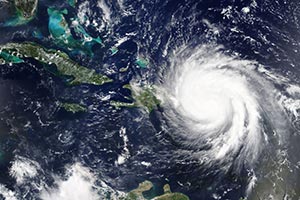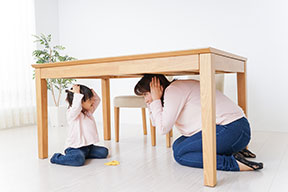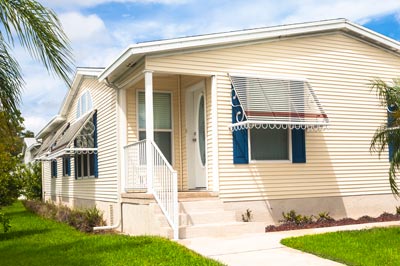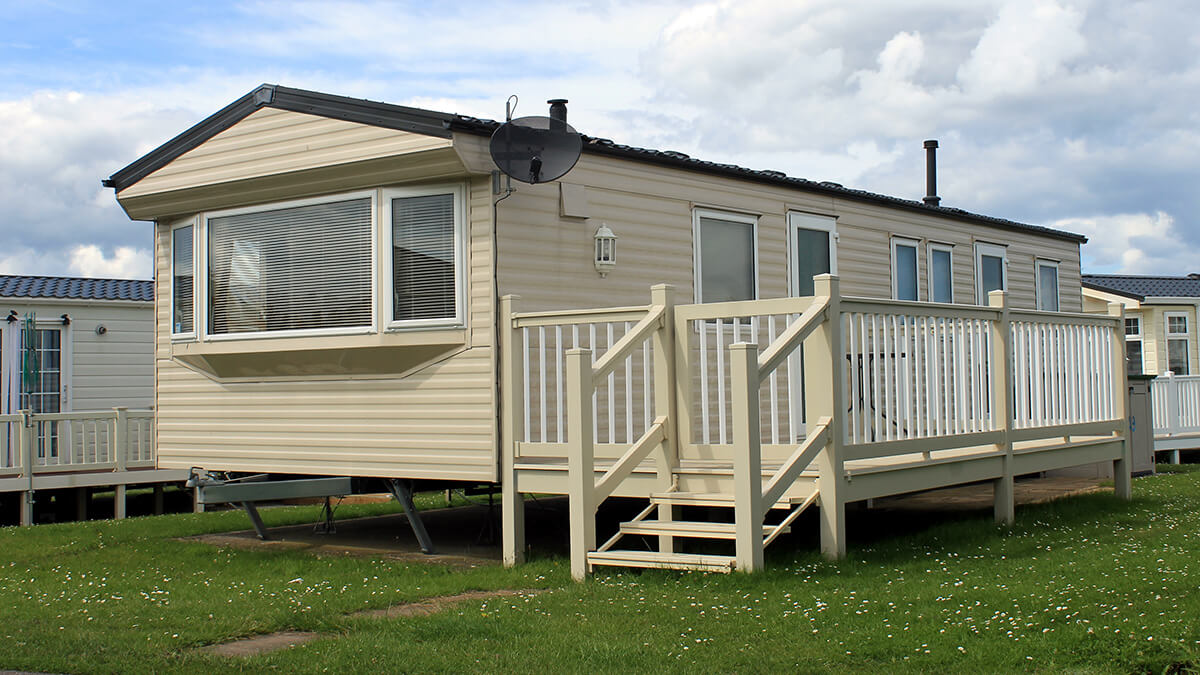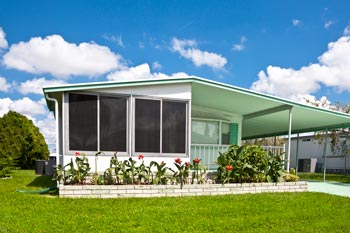Know the electrical dangers lurking in your home
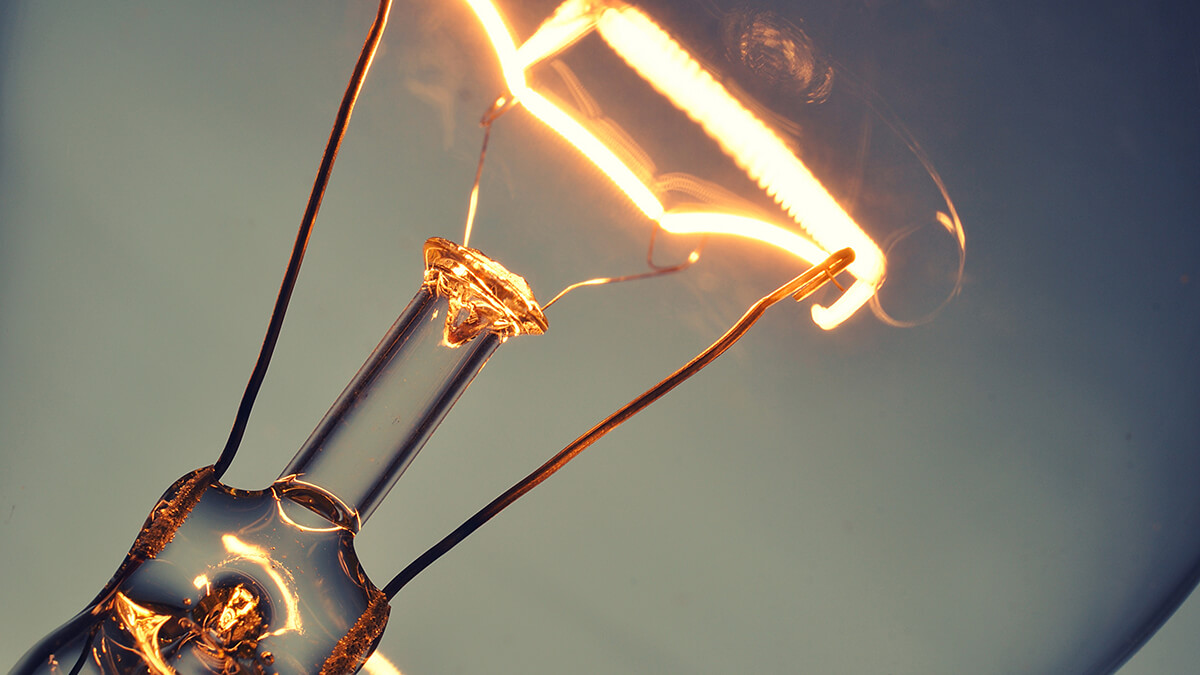
I love electricity. Without it, we wouldn't have Electric Avenue, The Electric Company, the Electric Slide, or Electric Light Orchestra. But as awesome as electricity is, it also causes approximately 53,600 home fires every year.
That statistic comes from the Electrical Safety Foundation (ESFi), sponsor of Electrical Safety Month and author of some great educational materials about the electrical hazards in your home. As an owner of a home built in 1947, Fire Protection for Your Older Home, caught my eye. Since the U.S. Census bureau says that half of all homes in this country were built before 1973, others may be interested in this information as well.
Why is electrical safety important in older homes? Think of all of the things you plug in today that weren't around when your house was built: garage door openers, electric coffee makers, TVs, DVRs and computers, to name a few.
Here's a short checklist from ESFi to help you identify potential problems in your home:
Lightbulbs
- Are they the right wattage for the fixtures? A bulb that has more wattage than recommended can overheat.
Cords and Extension Cords
- Check the cords for lamps and appliances. Are they out of walkways? Are they frayed, damaged or cracked? Cords that are walked on or damaged can cause fires.
- Are extension cords only used temporarily? Permanent house wiring is much safer than an extension cord. Install outlets where they are needed.
Outlets and Switches
- Do all the outlets and switches in your house work? If they don't, there may be bad wiring.
- Are any unusually warm or make weird noises? That could be an indicator of faulty wiring.
- Are the cover plates in good condition? Replace any that aren't.
Kitchen and Bathroom
- Are all appliances plugged into ground fault circuit interrupter (GFCI) outlets? Do your GFCI outlets work properly? If you don't have properly functioning GFCI outlets, call a licensed electrician.
- Do you keep appliances plugged in when they don't need to be (like toasters, hair dryers, curling irons, etc.). Unplug them; they could be a fire hazard if they contact water.
- Have you ever received a shock (but not a static electricity shock) from your large appliances? Do not touch appliance again until a repairman checks it.
Please don't become a statistic! Check your home for electrical safety today.

